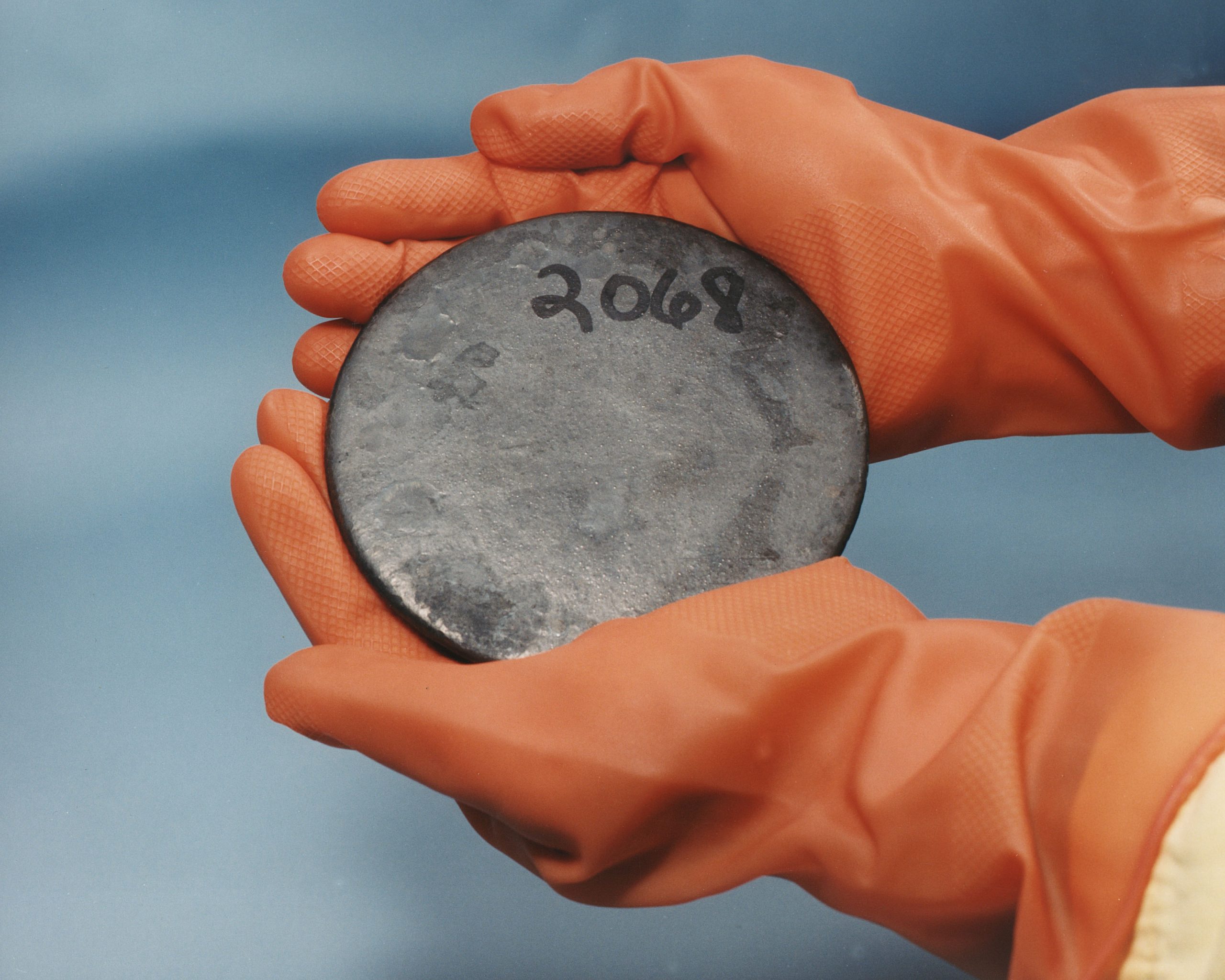 We have all heard the saying “time is of the essence.” This is especially true when you are filing a lawsuit. If you do not comply with the statutory requirements for how long you have to file a lawsuit, a court will be unable to hear your claim. Although certain exceptions apply that extend your timeline for filing a lawsuit, there are strict evidentiary requirements for these exceptions to apply.
We have all heard the saying “time is of the essence.” This is especially true when you are filing a lawsuit. If you do not comply with the statutory requirements for how long you have to file a lawsuit, a court will be unable to hear your claim. Although certain exceptions apply that extend your timeline for filing a lawsuit, there are strict evidentiary requirements for these exceptions to apply.
Julius Lennie worked for a Company that cleaned pipes in oilfields. The cleaning process allegedly involved the emission of naturally occurring radioactive material. About fifteen years after retiring, Lennie was diagnosed with lung cancer and died shortly thereafter. Four years later, his surviving spouse and children filed a lawsuit against various companies for whom Lennie had cleaned their oilfield pipes. They claimed Lennie had been exposed to harmful levels of radiation, causing his lung cancer and death. They claimed the companies had been aware of the dangers of the radioactive materials but did not warn Lennie about the dangerous or take adequate precautions. The Lennies claimed they were not aware about the radiation exposure until less than a year before they filed their lawsuit, when one of Lennie’s children read about it in the newspaper and they met with an attorney. The Lennies claimed the companies had actively concealed the existence of the naturally occurring radioactive materials.
Because the Lennies filed their lawsuit over a year after Lennie’s death, the defendants filed peremptory exceptions of prescription, claiming they were required to have filed their lawsuit within one year of his death, pursuant to La. C.C. art. 2315.1. The Lennies claimed they did not have any actual or constructive knowledge of their claims until less than a year before they filed the lawsuit, because the companies had concealed it. The trial court granted the defendants’ peremptory exceptions of prescription, finding there was not sufficient evidence the defendants had concealed the existence of the naturally occurring radioactive material such that the Lennies did not have knowledge of their possible claims. The Lennies appealed.
On appeal, the court considered whether the Lennies’ claim they did not have knowledge about the potential cause of his death until three years after Lennie’s death – and within one year of when they filed the lawsuit – was reasonable. In analyzing whether exceptions to prescription apply, courts consider what a plaintiff knew or should have known about the potential causes of action. See Wells v. Zadeck. The appellate court rejected the argument that the existence of any suggestive information on the internet was sufficient to establish constructive knowledge.
However, the Lennies had not taken other reasonable steps such as talking with Lennie’s doctors about the potential causes of the cancer that resulted in his death. Therefore, the appellate court agreed the one-year period for filing the lawsuit began to run at the time of Lennie’s death because there was not sufficient proof the Lennie’s lack of knowledge was the result of anything besides their failure to investigate.
This case illustrates the importance of being aware of, and complying with, applicable timelines for filing lawsuits. A good lawyer can advise you on the timing requirements and if any exceptions might apply.
Additional Sources: Patricia Lennie et al. v. Exxon Mobile Corp., et al.
Article Written By Berniard Law Firm
Additional Berniard Law Firm Article on Prescription: Trial Court Decision Overturned Due to Prescription Period Expiring
 Insurance Dispute Lawyer Blog
Insurance Dispute Lawyer Blog

